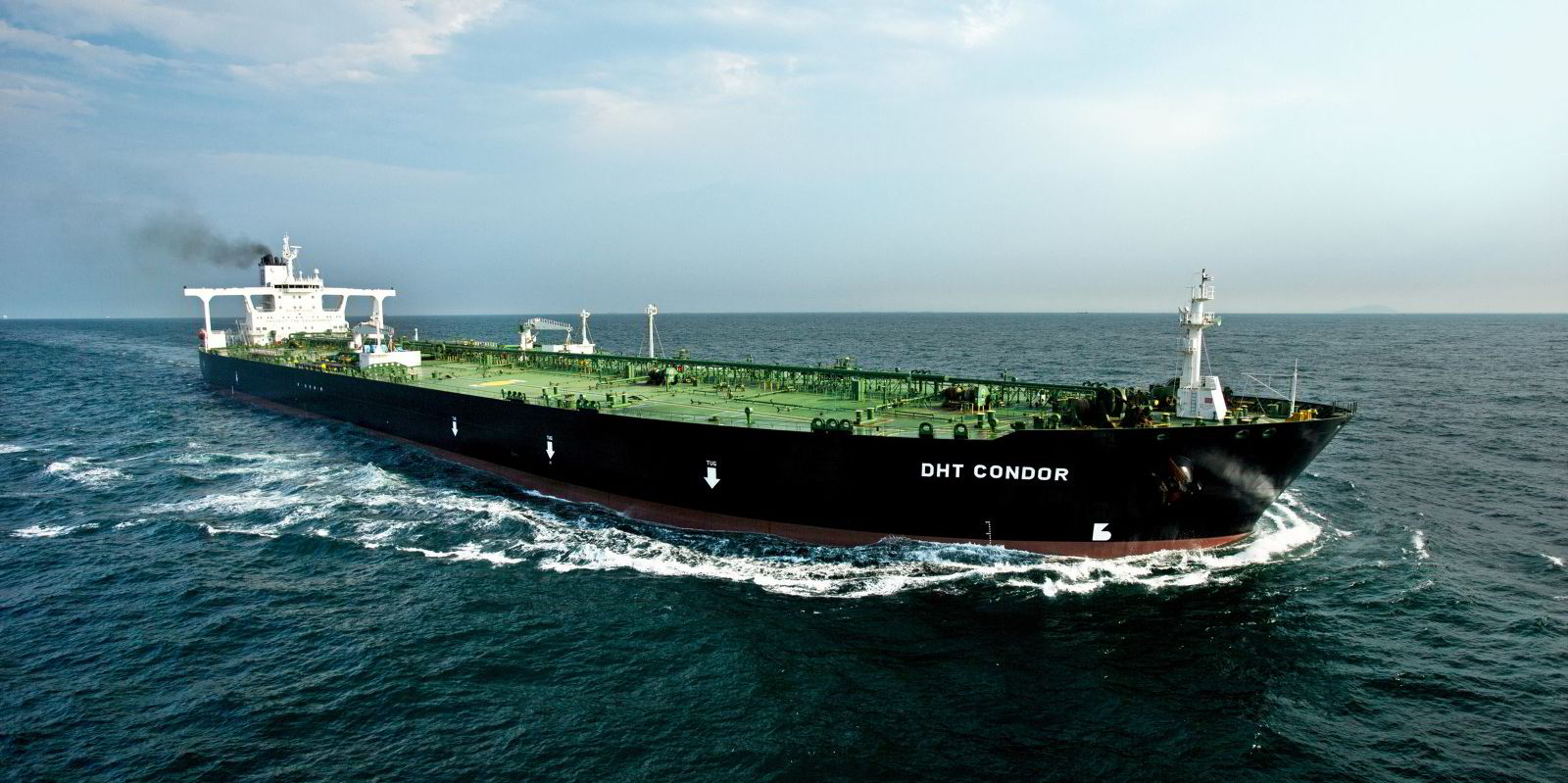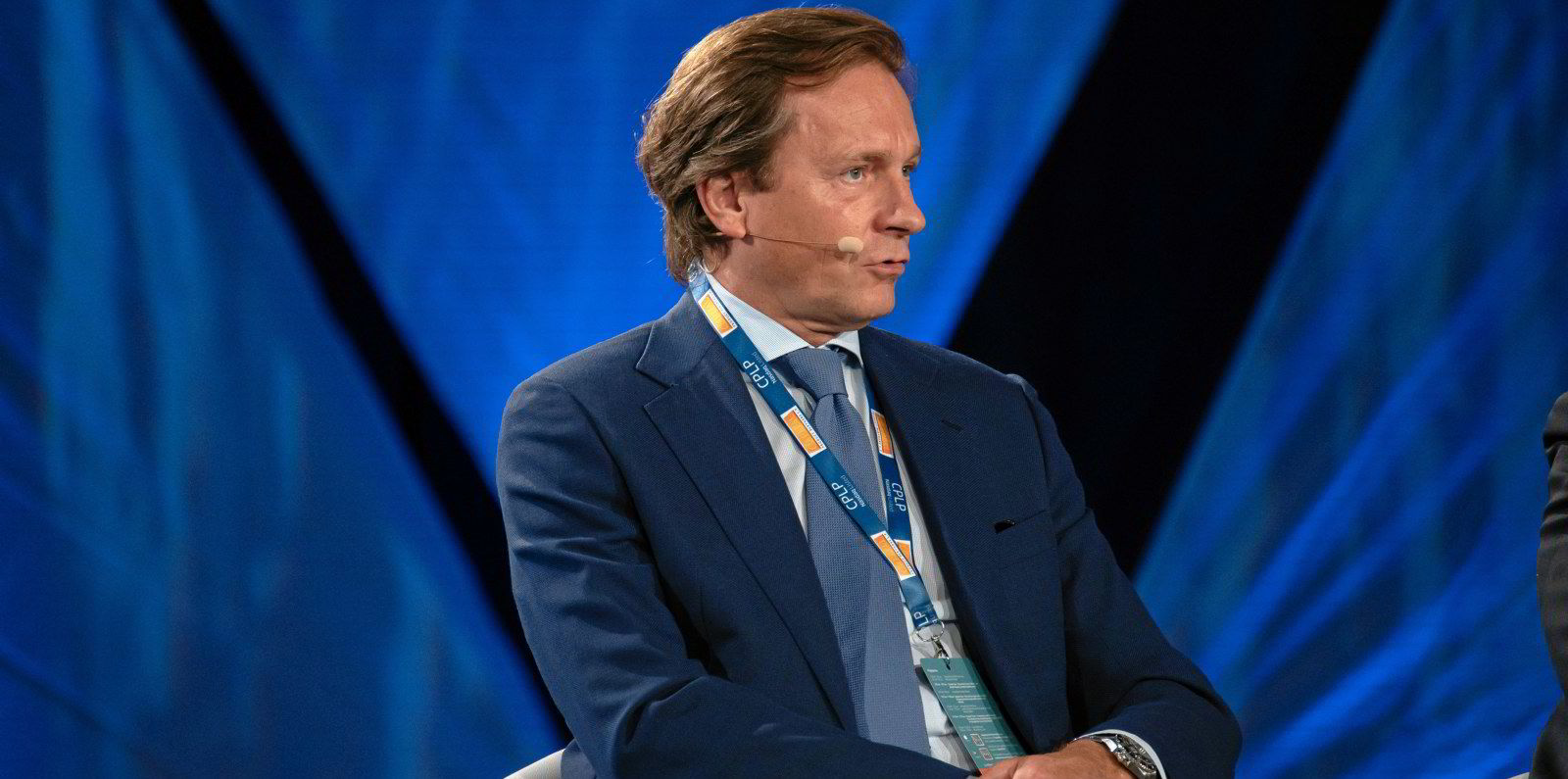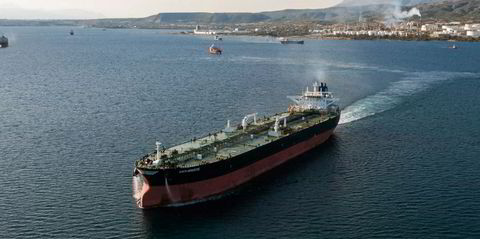Clarksons Securities is tipping DHT Holdings for a big 2024.
Despite third-quarter results that failed to thrill investors, analyst Frode Morkedal raised the VLCC specialist’s target price to $14, driven by the expectation of a sustained rise in the tanker market in the coming year, coupled with the company’s policy of distributing all profits to shareholders.
“Despite a positive market outlook, investor caution persists, influenced by past market cycles’ fleeting highs,” Morkedal said.
“For investment at current prices, a high cash return profile is essential, and DHT Holdings has demonstrated its ability to manage a 100% payout while still reducing debt.”
DHT reported a net income of $31m for the three months to 30 September and paid a $0.19 per share dividend.
The results were in line with analyst expectations and were released alongside fourth-quarter bookings that saw the company fix 71% of its revenue days at $41,500 per day and a further strengthening VLCC market.
Still, DHT’s New York Stock Exchange-listed shares closed down $0.05 to $11.23 before the close and a further $0.29 to $10.94 in after-hours trading.
The $11.23 close implied a trading premium of 8% above net asset value, Morkedal said, which he argued was still an attractive investment opportunity as NAV could hit $14 by the end of next year.
That is based on Clarksons’ $84,000-per-day forecast for non-eco VLCCs but does not factor in asset values rising due to a minuscule orderbook, which would raise the NAV figure to $14.40.
Morkedal said the share price today implies spot rates of $41,000 per day spot for non-eco VLCCs and $48,000 per day for eco and scrubber-fitted VLCCs that make up DHT’s fleet.
He said the company only had to see non-eco VLCCs earning $13,000 per day, as DHT’s financial structure allows for debt reduction while maintaining the 100% dividend policy enacted earlier this year.
“In our opinion, this is a low barrier to overcome,” he said.
VLCC rates began trending up in early October, with the Baltic Exchange’s VLCC time charter equivalent assessment at -$2,185 per day on 6 October, rising to $32,794 per day by the end of the month.
Rates have moderated since with the assessment — which assumes older, non-eco ships travelling certain speeds not always reflected in reality — falling to $29,388 per day on Monday.






